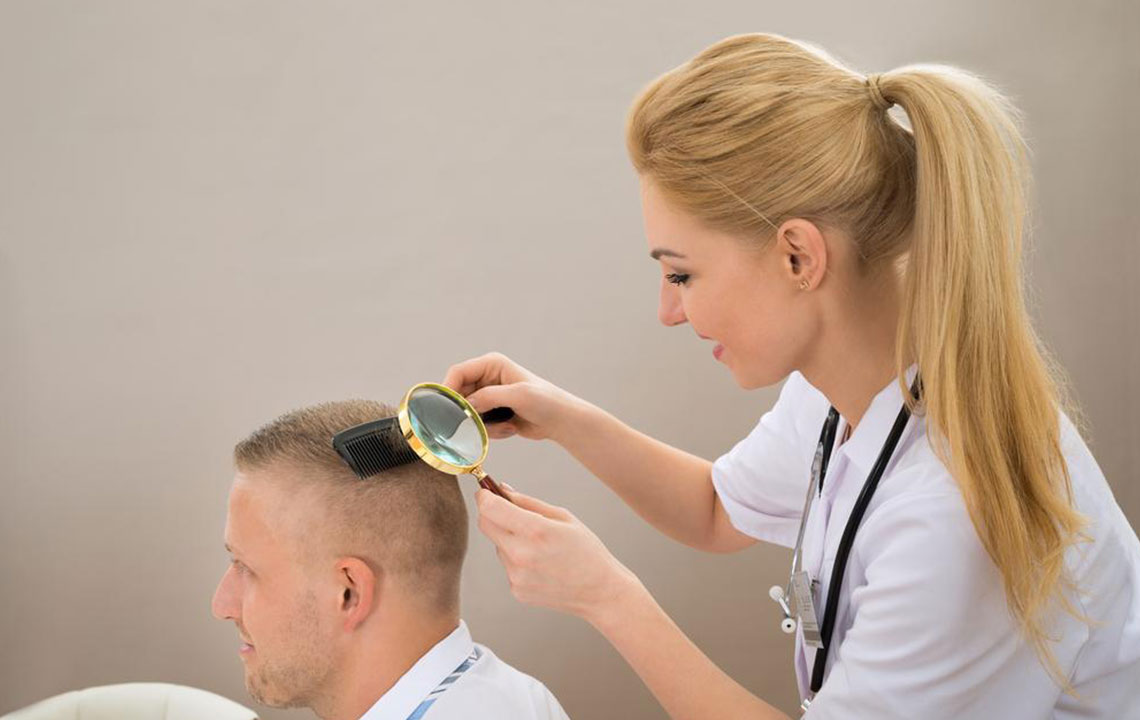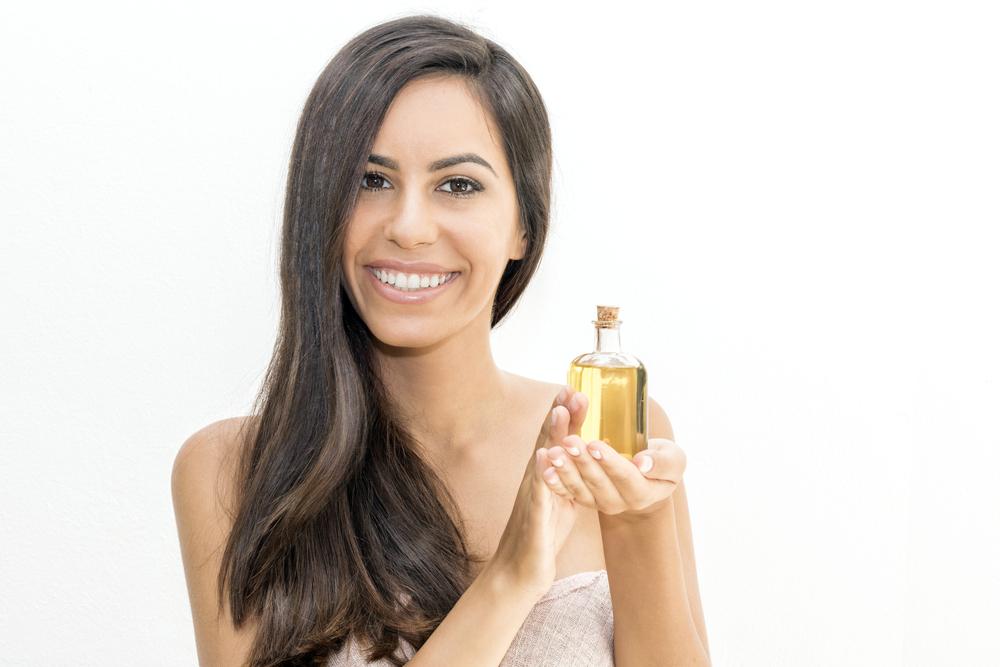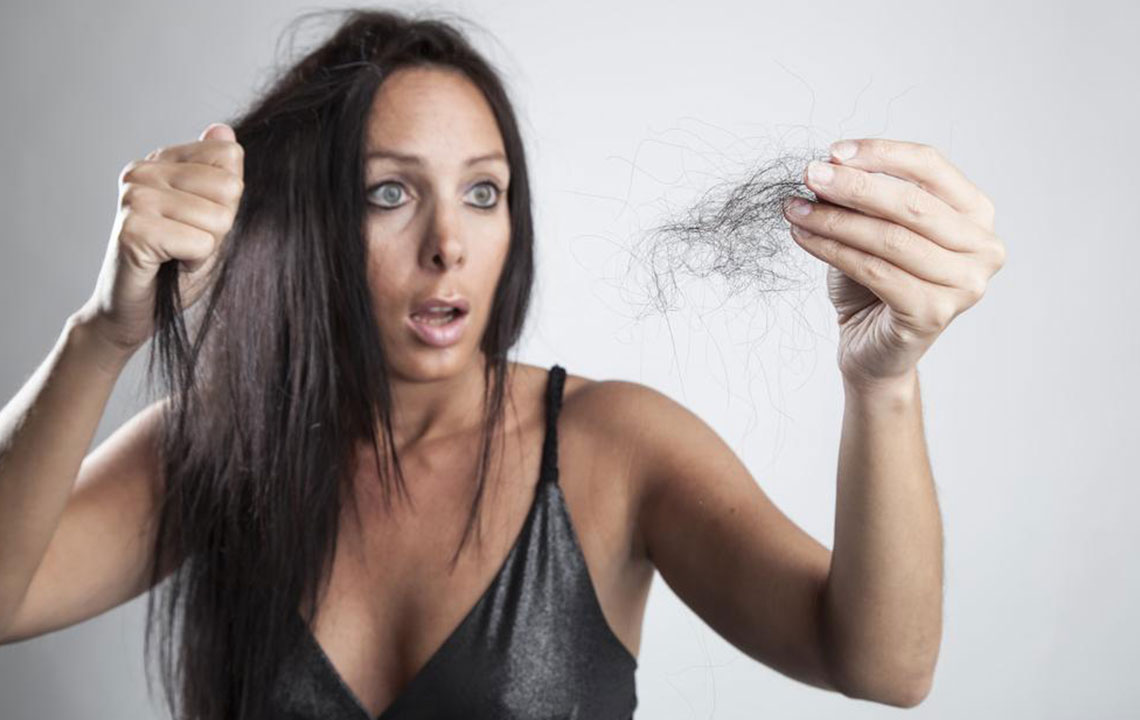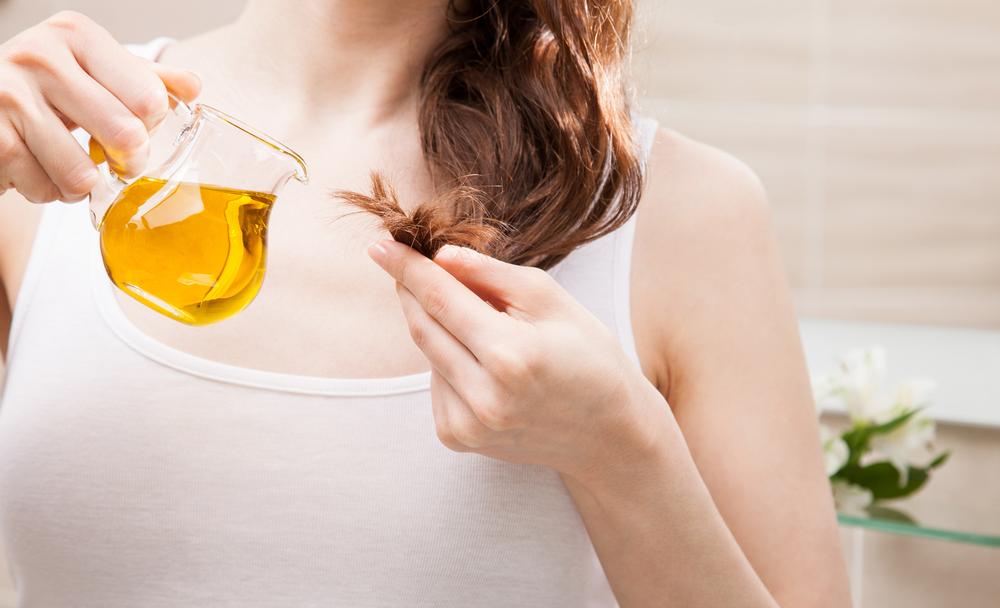Essential Vitamins to Combat Hair Thinning and Hair Loss: A Complete Guide
Discover the top 6 essential vitamins and nutrients vital for preventing hair thinning and promoting healthy, thick hair. This comprehensive guide explores how vitamin A, B complexes, C, D, E, and iron play crucial roles in maintaining scalp health, reducing hair fall, and encouraging new growth. Incorporating these nutrients into your diet can help combat common causes of hair loss related to nutritional deficiencies and hormonal imbalance. Learn effective dietary sources and practical tips to strengthen your hair naturally for a more confident you.

Essential Vitamins to Combat Hair Thinning and Hair Loss: A Comprehensive Guide
Hair loss and thinning are common concerns that affect millions of people worldwide. While shedding around 100 hairs daily is considered normal, excessive hair fall can be distressing and often signals underlying health issues or nutritional deficiencies. Factors such as aging, hormonal changes like menopause, high stress levels, environmental pollution, poor dietary habits, and frequent chemical treatments can all accelerate hair shedding. At the core of hair health lies the health of hair follicles—tiny, dynamic structures embedded in the scalp that support hair growth. As these follicles weaken or diminish, hair becomes noticeably thinner and more prone to falling out.
Hair loss manifests in various patterns—either diffusely across the entire scalp or concentrated in specific areas, leading to conditions like baldness or pattern baldness. Regardless of the cause, hair thinning can significantly impact self-esteem, confidence, and overall appearance. Ensuring a well-balanced diet rich in essential vitamins can serve as an effective approach to combating hair loss, fostering healthier and thicker hair.
Your diet directly influences your overall health, including the condition of your hair and scalp. Consuming the right vitamins can significantly reduce hair fall, strengthen hair strands, and promote new hair growth. To help you maintain luscious, healthy hair, this guide provides an in-depth overview of six vital vitamins and nutrients known for their role in preventing hair thinning:
Vitamin A: Essential for maintaining the health and vitality of hair follicles, vitamin A boosts sebum production—your scalp’s natural oil that keeps hair hydrated and protected. Rich sources include carrots, ripe mangoes, tuna, sweet red peppers, apricots, peaches, spinach, and other leafy greens. Adequate vitamin A intake helps prevent dryness and hair breakage, contributing to thicker, stronger hair.
B Vitamins: The B vitamin complex, comprising B5 (pantothenic acid), B6 (pyridoxine), and B12 (cobalamin), plays a crucial role in hair health. B5, found in eggs, cheese, oily fish, and avocados, supports hair strength and resilience. B6 facilitates proper blood flow to the scalp, ensuring nutrients reach hair follicles efficiently. B12, abundant in meats, eggs, and dairy, nourishes hair roots and promotes healthy growth. Incorporate fruits like oranges, papayas, and strawberries, along with protein-rich foods, to boost B vitamin levels.
Vitamin C: An antioxidant vital for collagen synthesis, vitamin C strengthens the structural components of hair and scalp. It also enhances iron absorption—another essential nutrient for hair health. Consuming citrus fruits such as oranges and grapefruits, along with strawberries, kiwis, peppers, broccoli, and dark leafy greens, can elevate your vitamin C intake and bolster your hair growth efforts.
Vitamin D: Known as the sunshine vitamin, vitamin D is indispensable for healthy hair follicle development. Adequate sun exposure of about 15-20 minutes per day stimulates vitamin D production in the skin. Dietary sources include fatty fish like salmon and mackerel, mushrooms, fortified dairy products, and eggs. Maintaining sufficient vitamin D levels may prevent hair thinning associated with follicle shutdown or dormancy.
Vitamin E: As a potent antioxidant, vitamin E promotes healthy scalp circulation, reduces inflammation, and supports hair growth. Nuts, seeds, spinach, broccoli, and avocados are excellent sources of vitamin E. Applying vitamin E oil directly to the scalp can also assist in repairing damaged follicles and encouraging strong, resilient hair strands.
Iron: Iron deficiency remains one of the leading causes of hair thinning, particularly among women. Iron supports hemoglobin formation, which supplies oxygen to hair follicles and overall scalp health. Consuming iron-rich foods such as spinach, beans, egg yolks, lean meats, and green leafy vegetables can help prevent anemia-related hair loss and foster healthier hair growth.
Implementing these vital nutrients into your daily diet can have profound effects on hormonal balance and immune health—both of which influence hair retention and growth. An emphasis on these vitamins and minerals not only supports thicker, fuller hair but also enhances overall health. Remember, nutritional strategies combined with a healthy lifestyle can significantly reduce external factors contributing to hair loss, ensuring you achieve a vibrant, well-maintained mane.





